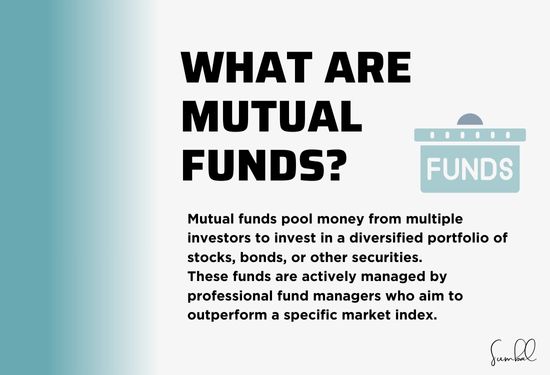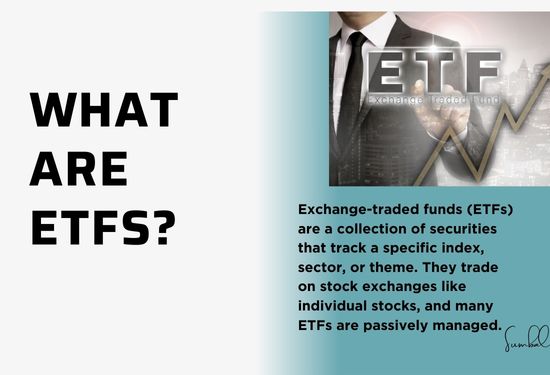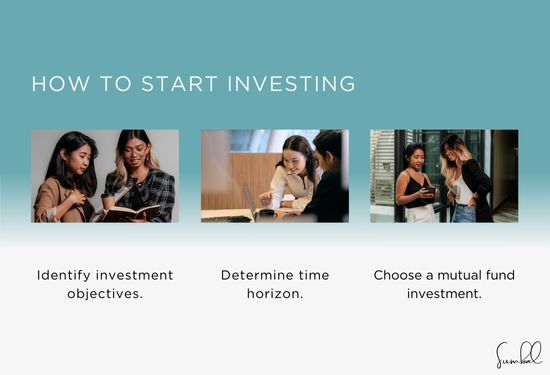In investment, people can consider mutual fund investment and exchange-traded funds (ETFs). They share all basic features, like diversification, professional management, and ready access, while differing in structure, cost, and flexibility. Familiarizing with these distinctions should enable you to choose the correct investment tool.

Features of Mutual Funds:
- Active Management: Active management dominates mutual funds and fund managers make choices in the portfolio to achieve high returns.
- Investment Minimums: Usually come with higher point costs such as 500$ and above.
- Purchase and Redemption: Common stocks are traded at the end of the day at their market-determined Net Asset Value (NAV).
Features of ETFs:
- Passive Management: ETFs seek to provide a return that is higher than that of the index they track, such as the S&P 500.
- Low Investment Barriers: ETFs can be bought using the price of a single share, making investing easy for anyone.
- Real-Time Trading: Until the market closes, ETFs are available for purchase and sale at market prices at any moment throughout trading hours.
Mutual Funds vs ETFs
1. Management Style
- Mutual Funds: Mostly, active funds can be more costly because of active management fees. However, actively managed funds focus on outperforming the market, which is likely beneficial during fluctuating markets.
- ETFs: These are passively managed indexes with lower fees. Their main objective is to track, not beat, a given market index.

2. Costs
- Mutual Funds: Sometimes, they have higher expense ratios and may involve loads for purchase or fees for redemption.
- ETFs: These funds have low expense ratios and no sales loads. However, investors may still pay brokerage fees for every transaction they make.
3. Tax Efficiency
- Mutual Funds: These are less tax effective due to regular purchases and sales of assets in the fund that result in the distribution of capital gains.
- ETFs: These are more tax-effective because their structure helps reduce capital gains distribution to investors.
4. Liquidity
- Mutual Funds: These are purchased and resold at the NAV, estimated at the end of the trading session. Intraday trading is thus restricted.
- ETFs: They can be purchased or sold, unlike stocks, in which you can buy or sell shares at any time within the day at market price.
5. Accessibility
- Mutual Funds: They may require large start-up capital, making them less suitable for new investors.
- ETFs: Each of them costs only the price of a single share and is designed for beginners.

What Should You Select?
Your trading preferences, risk tolerance, and investment objectives will determine whether you choose mutual funds or exchange-traded funds (ETFs):
Choose Mutual Funds if:
- You respect working actively and professional management.
- You hold stocks for long-term and do not benefit from having intra–day trading capabilities.
- You are okay with bearing possible higher fees so that you can outcompete the market averages.
Choose ETFs if:
- You want less costs and optimal taxation legislation.
- You need freedom to trade at any time of the day.
- You just begin and require an investment that is not as risky.





